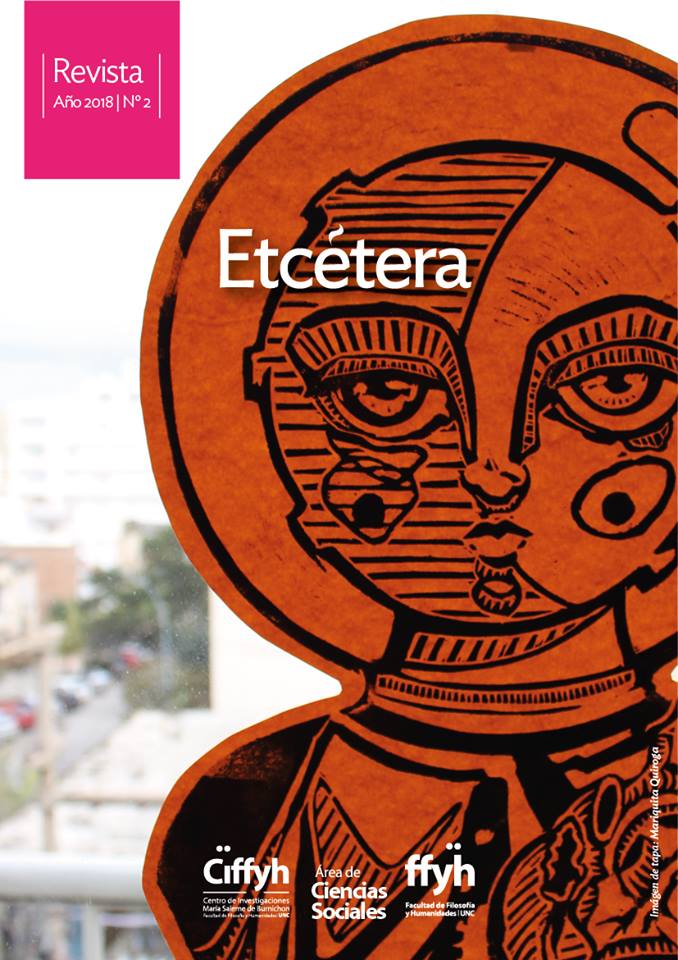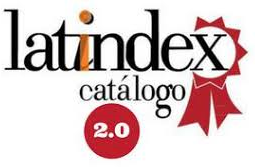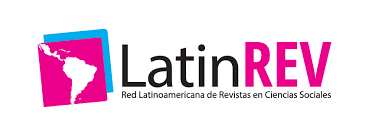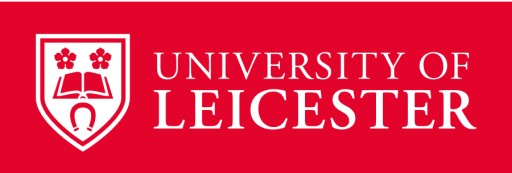Gender Gap and Feminization of Poverty in Latin America: An Approach from the UN Women 2017 Report and Federici's Perspective
Keywords:
gender gap, Latin America, Silvia FedericiAbstract
According to the UN report, in Latin America the gender gap persists and poverty has become feminized. There is a bottleneck in the region regarding the progress of women, according to a report by the United Nations: “The progress of women in Latin America and the Caribbean 2017. Transform the economy to realize the rights. ”
Over the past 20 years, Latin America and the Caribbean has made significant progress towards empowering women through social innovations to reduce inequality and correct the gender wage gap. However, these achievements are still incomplete as they have not always translated into better opportunities in practice. The labor insertion of women is around 26 percentage points below men, a situation that reveals structural inequalities to which we must add the persistent exposure to sexual harassment, discrimination and physical and symbolic violence, all factors that continue to limit opportunities for access to the labor market and economic growth.
In the present work we will stop at indicators related to levels of literacy and access to sexual and reproductive rights, clear examples of the gap that opens up if we interpellate the economic variables from a gender perspective. We will seek to broaden the horizon of our discussion from the point of view of Silvia Federici, in some of her early texts, which put the results of the reference report in tension.
Downloads
References
Amnistía Internacional. (2017). Embarazo adolescente en la Argentina. Aportes para el debate sobre derechos sexuales y reproductivos. Buenos Aires. Disponible on-line: https://amnistia.org.ar/wp-content/uploads/delightful-downloads/2017/05/05-Embarazo-Adolescente.pdf?utm_source=Prensa&utm_campaign=dc4675121a-EMAIL_CAMPAIGN_2017_05_26&utm_medium=email&utm_term=0_a60e315cac-dc4675121a- Consultado en junio de 2018.
CEPAL (2018). Panorama social de América Latina 2017. Santiago. Disponible on-line: https://repositorio.cepal.org/bitstream/handle/11362/42716/7/S1800002_es.pdf Consultado en junio de 2018.
Federici S. (2004). Calibán y la bruja. Madrid. Traficante de sueños ediciones. Disponible on-line: https://www.traficantes.net/sites/default/files/pdfs/Caliban%20y%20la%20bruja-TdS.pdf Consultado en junio de 2018.
Federici S. (2013). Revolución punto cero. Trabajo doméstico, reproducción y luchas feministas. Madrid. Traficante de sueños ediciones. Disponible on-line: https://www.traficantes.net/sites/default/files/pdfs/Revolucion%20en%20punto%20cero-TdS.pdf Consultado en junio de 2018.
INDEC. Ministerio de Hacienda. Presidencia de la Nación. (2017). Mercado de trabajo, principales indicadores de la Encuesta Permanente de Hogares. Primer trimestre de 2017. Buenos Aires. Disponible on-line: https://www.indec.gov.ar/uploads/informesdeprensa/EPH_cont_1trim17.pdf Consultado en junio de 2018.
Ministerio Público Fiscal. Procuración General de la Nación. (2017). Brecha salarial: desigualdades en el mercado laboral. Programa especializado en derecho del trabajo. Buenos Aires. Disponible on-line: https://www.fiscales.gob.ar/wp-content/uploads/2017/06/Informe_Fiscales_Mercado-de-trabajo.pdf Consultado en junio de 2018.
Observatorio de la Deuda Social de la Argentina. Pontificia Universidad Católica Argentina (UCA). (2017). Pobreza y desigualdad por ingresos en la Argentina urbana 2010-2016. Buenos Aires. Disponible on-line: https://www.aacademica.org/agustin.salvia/321.pdf Consultado en junio de 2018.
ONU Mujeres (2017). El progreso de las mujeres en América Latina y el Caribe. Transformar las economías para realizar derechos. Clayton. Disponible on-line: http://www.eligered.org/wp-content/uploads/2017/06/UNW16017-Executive-Summary-Web-ESP.pdf Consultado en junio de 2018.
ONU Mujeres (2018). Enfoque territorial para el empoderamiento de las mujeres rurales. Análisis y propuestas para América Latina. Clayton. Disponible on-line: http://www2.unwomen.org/-/media/field%20office%20americas/documentos/publicaciones/2018/5/enfoque%20territorial_onu%20mujeres.pdf?la=es&vs=16 Consultado en junio de 2018.
Organización Internacional del Trabajo (OIT). (2016). Perspectivas sociales y del empleo en el mundo. Ginebra. Disponible on-line: http://www.ilo.org/wcmsp5/groups/public/—dgreports/—dcomm/—publ/documents/publication/wcms_443505.pdf Consultado en junio de 2018.
UNICEF (2017). La pobreza monetaria en la niñez y la adolescencia en Argentina. Buenos Aires. UNICEF. Disponible on-line: https://www.unicef.org/argentina/spanish/La_pobreza_monetaria_en_la_ninez_y_adolescencia_2017.pdf Consultado en junio de 2018.
Downloads
Issue
Section
License
Aquellos autores/as que tengan publicaciones con esta revista, aceptan los términos siguientes:
- Los autores/as conservarán sus derechos de autor y garantizarán a la revista el derecho de primera publicación de su obra, el cuál estará simultáneamente sujeto a la Licencia de reconocimiento de Creative Commons que permite compartir, copiar, distribuir, ejecutar y comunicar públicamente la obra, siempre que: 1) se cite la autoría y la fuente original de su publicación (revista, editorial y URL de la obra); 2) no se use para fines comerciales; 3) En caso que se transforme o genere una obra derivada a partir de esta obra, deberá compartise bajo las mismas condiciones establecidas por esta licencia.
- Los autores/as podrán adoptar otros acuerdos de licencia no exclusiva de distribución de la versión de la obra publicada (p. ej.: depositarla en un archivo telemático institucional o publicarla en un volumen monográfico) siempre que se indique la publicación inicial en esta revista.
- Se permite y recomienda a los autores/as difundir su obra a través de Internet (p. ej.: en archivos telemáticos institucionales o en su página web) luego de la publicacion del articulo, lo cual puede producir intercambios interesantes y aumentar las citas de la obra publicada. (Véase El efecto del acceso abierto).
- El titular del copyright es Etcétera. Revista del Área de Ciencias Sociales del CIFFyH.



















